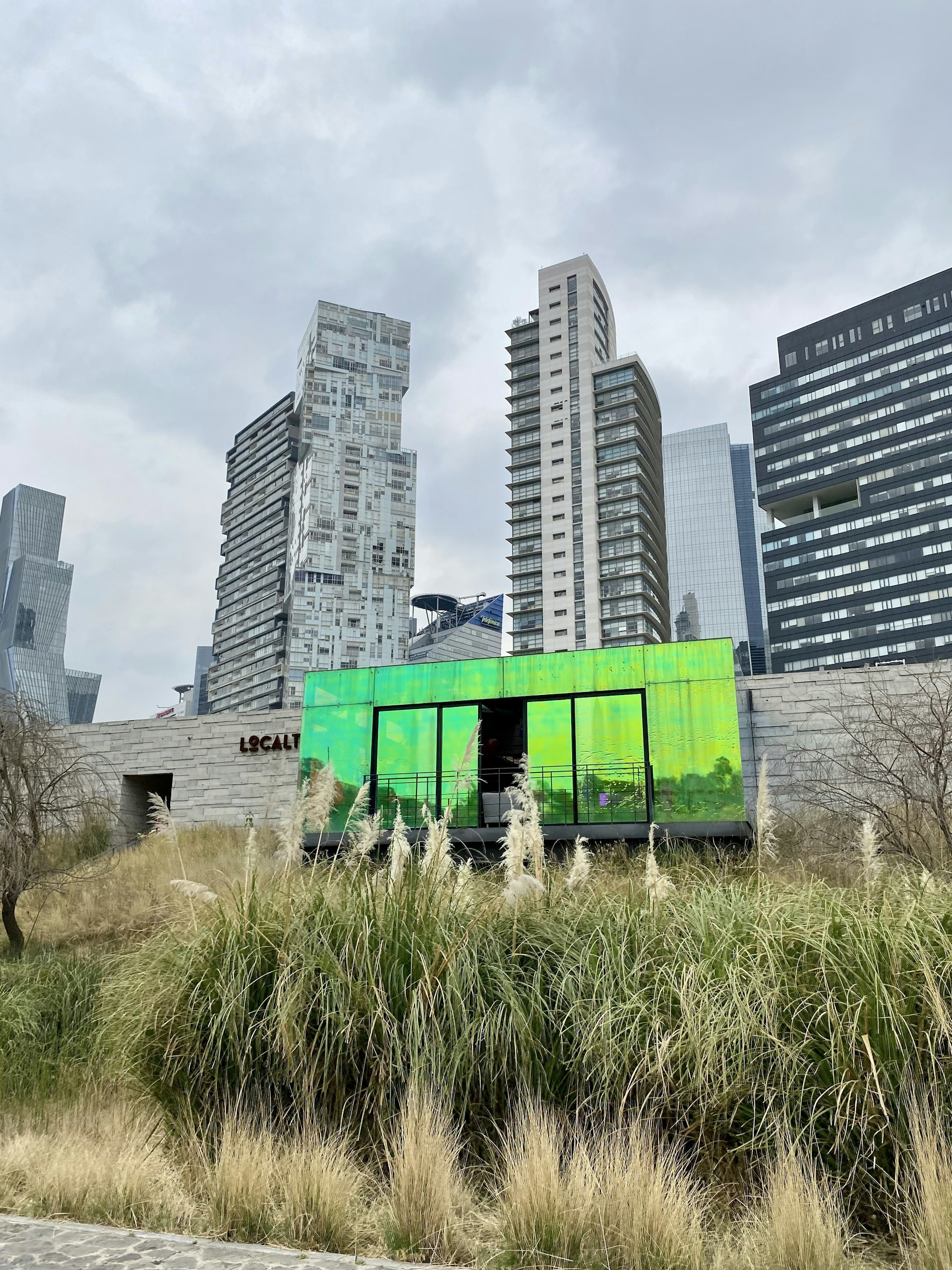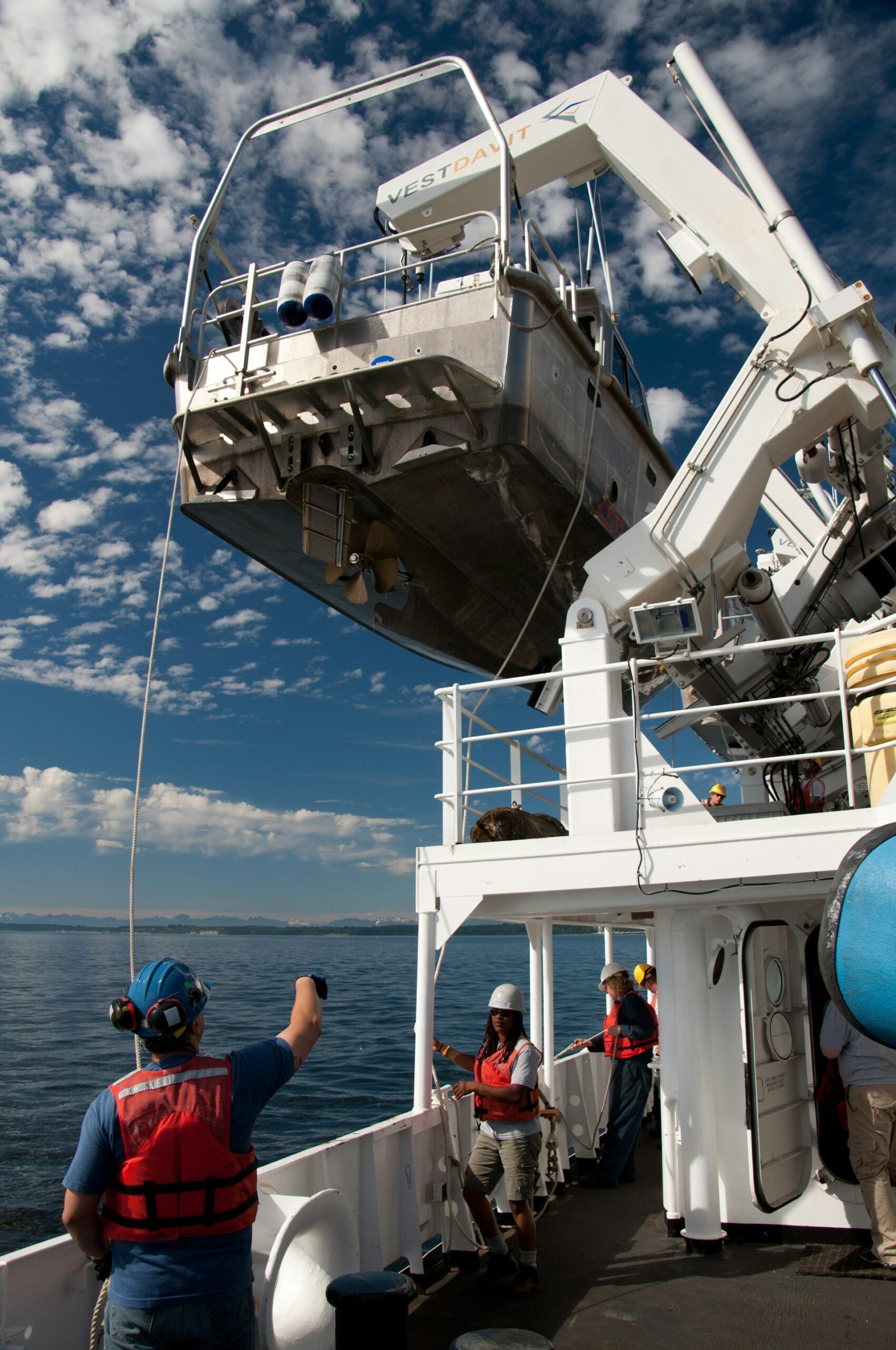Explore Remote Eco Villages: Sustainable Tourism for Conscious Travelers

Photo by Ruben Sukatendel on Unsplash
Introduction to Remote Eco Villages for Sustainable Tourism
Remote eco villages are emerging as a cornerstone of sustainable tourism, offering travelers a unique opportunity to connect with nature, support local communities, and reduce their environmental footprint. These off-the-grid destinations blend ecological architecture, renewable energy, and cultural immersion, setting a new standard for responsible travel. This article provides a comprehensive guide to understanding, accessing, and benefiting from stays in remote eco villages, with practical steps and real-world examples from around the globe.
What Are Remote Eco Villages?
Remote eco villages are intentionally designed communities that prioritize sustainable living, ecological harmony, and a minimal environmental impact. Typically located in less-traveled regions, these villages employ renewable energy sources, natural building materials, water conservation systems, and organic agriculture. Their remoteness not only preserves the surrounding environment but also offers travelers an authentic, restorative experience away from mass tourism. Many eco villages also function as hubs for community-based tourism, where visitors contribute to local economies and participate in conservation efforts.
[3]
Benefits of Choosing Remote Eco Villages for Travel
Staying in remote eco villages provides a range of benefits for both travelers and host communities. Key advantages include:

Photo by Walter Frehner on Unsplash
-
Environmental Conservation:
By operating off-grid and employing renewable energy such as solar power, eco villages minimize pollution and conserve biodiversity.
[1]
- Economic Support: Tourism revenue is reinvested locally, funding education, infrastructure, and conservation projects.
- Cultural Exchange: Travelers experience local traditions, cuisine, and customs while learning about sustainable living practices.
- Personal Wellbeing: Immersion in nature and participation in community activities foster personal growth, relaxation, and mindfulness.
Notable Remote Eco Villages Around the World
Eden Eco Village, Laos
Located in a pristine riverside setting, Eden Eco Village in Laos exemplifies off-the-grid sustainability. The village operates entirely on solar power, uses sustainable construction materials, and encourages organic farming. Visitors can experience sustainable living by participating in gardening, enjoying farm-to-table meals, and supporting local conservation initiatives. Although remote, Eden Eco Village is accessible via guided tours and local transport options. For more details, search for “Eden Eco Village Laos” and review traveler reports and booking platforms for current availability.
[1]
Kalga Eco-Village, India
Nestled in the Parvati Valley of Himachal Pradesh, Kalga is renowned for its clean environment, sustainable homestays, and eco-friendly tourism. The community fosters conservation through tree planting and waste recycling. Homestays like Forest Park Homestay and Gypsy House Café offer cozy accommodations and encourage guests to uphold eco principles. Kalga also serves as a gateway for trekking adventures into the surrounding forests and mountains. To plan a visit, search for “Kalga eco-village accommodations” and contact local tourism offices for travel advisories and booking assistance.
[2]
Crystal Waters Eco Village, Australia
Australia’s Crystal Waters Eco Village, founded in 1984, is a pioneering permaculture community on the Sunshine Coast. Residents manage 640 acres of wildlife-friendly land, with just 20% occupied for living and the rest dedicated to agriculture, forestry, and habitat projects. The village features clustered homes for community living, regular markets, and permaculture courses for visitors. Stays are available in campsites, cabins, and bunkhouses. For current visitor programs, search for “Crystal Waters Eco Village Australia” or use reputable booking and ecovillage directories.
[3]
Pachamama Ecovillage, Costa Rica
Pachamama Ecovillage, located in Guanacaste, Costa Rica, blends spiritual retreat with ecological sustainability. The community has transformed a former cattle farm into a lush tropical haven through reforestation and organic agriculture. Lodging options include camping, casitas, and bungalows. Visitors can participate in workshops and work-exchange programs, with stays typically requiring a two-week minimum. For program details, visit the official Pachamama website by searching for “Pachamama Ecovillage Costa Rica”.
[4]
Six Senses Fiji, Malolo Island
Six Senses Fiji is a luxury resort on Malolo Island committed to sustainable principles. The resort is powered entirely by solar energy, uses rainwater capture, and has an on-site filtration facility to eliminate single-use plastics. It also supports local artisans and community development initiatives. To learn more about their sustainability efforts, search for “Six Senses Fiji official site” or visit internationally recognized hotel booking platforms.
[5]
How to Access Remote Eco Villages
Accessing remote eco villages requires thoughtful planning due to their off-the-beaten-path locations. Here are actionable steps:
- Research eco villages using reputable sources, travel forums, and ecotourism directories. Look for recent traveler reviews and official community websites.
- Contact local tourism offices or regional travel agencies for guidance on transportation, permits, and seasonal considerations.
- Prepare for limited infrastructure: Many eco villages are not accessible by commercial flights or major roads. Plan for local transport options such as regional buses, shared taxis, or guided treks.
- Book accommodations in advance, especially during peak travel seasons. Consider eco-lodges, homestays, or work-exchange programs for immersive experiences.
- Familiarize yourself with the community’s guidelines on sustainability and visitor conduct. Many eco villages encourage participation in conservation, farming, or educational activities.
If online booking is unavailable, reach out via phone or email to the village’s administration or use reputable intermediaries such as local tour operators who specialize in sustainable travel.
Challenges and Solutions for Sustainable Tourism in Remote Areas
While eco villages offer remarkable opportunities, several challenges are common:
- Access and Infrastructure: Remote locations may lack reliable transport or internet. Solution: Plan logistics in advance, allow extra travel time, and carry necessary supplies.
- Resource Limitations: Water, electricity, and food may be rationed or sourced locally. Solution: Embrace the low-impact lifestyle, and follow all local guidelines to conserve resources.
- Cultural Sensitivity: Local customs and practices may differ. Solution: Engage respectfully, learn about community expectations, and participate in cultural exchange programs.
- Language Barriers: Communication may be challenging in some regions. Solution: Learn basic phrases, use translation apps, or travel with a local guide.
Alternative Approaches and Additional Resources
If you are unable to visit a remote eco village, consider alternative ways to support sustainable tourism:
- Stay at certified eco-lodges or sustainable hotels in accessible locations.
- Participate in virtual tours or online workshops offered by eco villages and sustainability organizations.
- Donate to conservation projects or support local artisans through verified platforms.
- Engage with community-based tourism programs in your region by searching “community tourism” plus your destination.
For a curated list of global sustainable travel destinations and eco village networks, you can search terms like “eco village directory” or “sustainable tourism organizations” and review results from established travel and environmental organizations.
Step-by-Step Guide to Planning Your Eco Village Experience
- Define your travel goals: Are you seeking immersion, volunteering, learning, or relaxation?
- Identify regions that match your climate and activity preferences.
- Use verified travel guides and forums to shortlist eco villages with positive reviews and transparent sustainability practices.
- Contact the community directly for booking and participation requirements.
- Review visa and health advisories for your chosen destination.
- Pack lightly and sustainably, minimizing single-use plastics and bringing reusable essentials.
- Engage with the local community, participate in conservation or cultural activities, and share feedback to help improve sustainable tourism initiatives.
Key Takeaways
Remote eco villages offer more than just breathtaking scenery-they provide a model for sustainable living, foster community resilience, and empower travelers to make a positive impact. By researching thoroughly, respecting local cultures, and embracing eco-friendly practices, you can enjoy a transformative journey while supporting the global movement toward responsible tourism.
References
- [1] IMPT.io (2023). Sustainable Hotels in Vietnam, Cambodia & Laos | Eco Stays.
- [2] Brainy Backpackers (2023). 18 Worldwide Sustainable and Eco Tourism Destinations.
- [3] World Economic Forum (2022). 5 of the World’s Coolest EcoVillages.
- [4] Community Finders (2023). 10 Best Ecovillages for Sustainable Travel.
- [5] SUMAS (2023). 5 Examples of Sustainable Tourism around the World.



